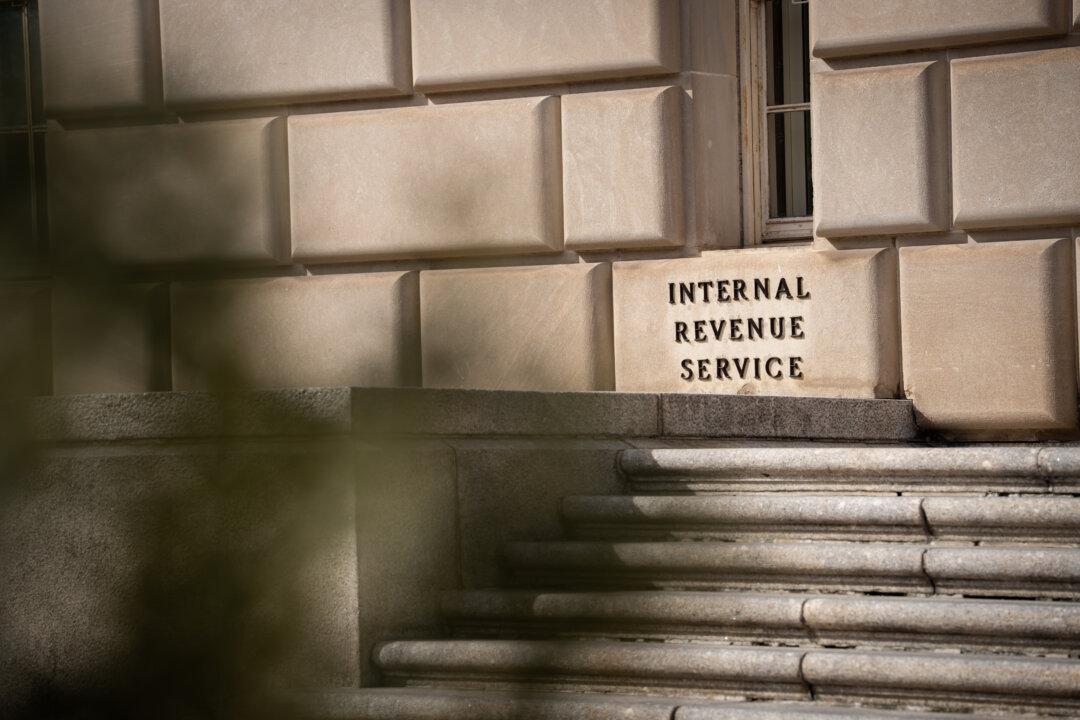Taxpayers living and working abroad must file their tax year 2024 returns and pay off dues by June 16, the Internal Revenue Service (IRS) said in a May 22 statement.
“U.S. citizens or resident aliens residing overseas or in the military on duty outside the U.S. are allowed a two-month extension to file from the normal April 15 deadline. Since June 15 falls on a Sunday in 2025, the deadline is delayed to Monday, June 16,” the agency said. The June deadline is also applicable to those with dual citizenship.





